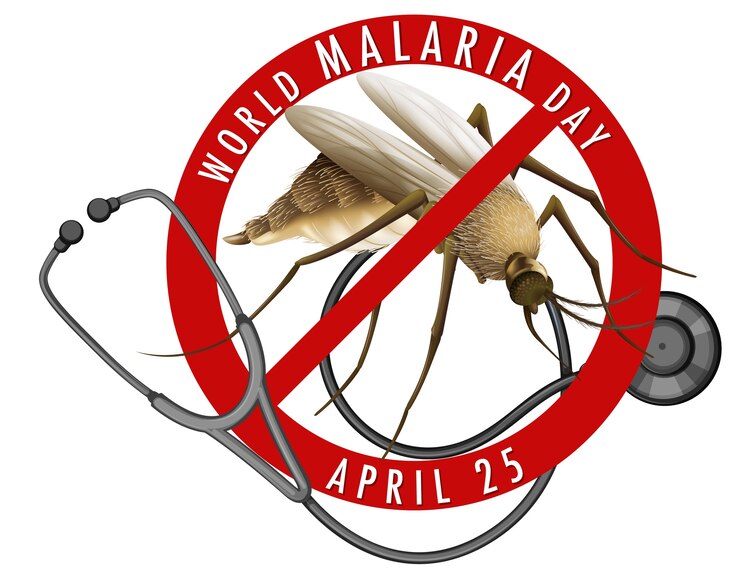
As April 25th approaches, the world gears up to observe World Malaria Day, a day dedicated to raising awareness about one of the oldest and deadliest diseases in human history. This annual event sheds light on the global efforts to combat malaria and emphasises the importance of prevention, diagnosis, and treatment. Let's delve into the date, theme, history, and significance of World Malaria Day 2024.
Table of Content:-
Date of World Malaria Day
World Malaria Day is observed every year on April 25th. It serves as an opportunity to reflect on the progress made in the fight against malaria and to renew commitments to ending this preventable and treatable disease.
Theme of World Malaria Day 2024
The theme for World Malaria Day 2024 is "Accelerating the fight against malaria for a more equitable world." This theme emphasises the collective responsibility of individuals, communities, governments, and organisations to take action against malaria. It encourages everyone to contribute to the goal of eliminating malaria by engaging in prevention measures, supporting access to diagnosis and treatment, and advocating for continued investment in malaria control efforts.

Also Read: Exam Result Stress: 10 Effective Strategies to Overcome Performance Anxiety
History of World Malaria Day
World Malaria Day was established in May 2007 by the 60th session of the World Health Assembly, the decision-making body of the World Health Organization (WHO). The inaugural World Malaria Day was observed on April 25th, 2008. Since then, it has been celebrated annually to raise awareness and mobilise action to combat malaria.
Malaria is caused by the Plasmodium parasite, which is transmitted to humans through the bites of infected female Anopheles mosquitoes. The disease disproportionately affects populations in tropical and subtropical regions, particularly in sub-Saharan Africa. Malaria is a major public health concern, causing an estimated 229 million cases and 409,000 deaths worldwide in 2019, according to the WHO.
Despite the challenges posed by malaria, significant progress has been made in recent years. Global efforts have led to a substantial reduction in malaria cases and deaths, with a 27% decrease in cases and a 60% decrease in deaths between 2000 and 2019. This progress has been achieved through the widespread distribution of insecticide-treated bed nets, indoor residual spraying, access to rapid diagnostic tests and effective antimalarial treatment, and increased funding for malaria control programs.

Also Read: Navigating Breakfast with Diabetes: Expert Shares Foods to Avoid and Healthy Alternatives
Significance of World Malaria Day
World Malaria Day holds immense significance in the ongoing fight against malaria. It serves as a reminder of the collective commitment to ending malaria-related suffering and death. Here's why World Malaria Day is important:
1. Raise Awareness
World Malaria Day raises awareness about the impact of malaria on individuals, families, communities, and economies. It highlights the importance of malaria prevention, early diagnosis, and prompt treatment.
2. Mobilise Action
The day mobilises action at all levels – from governments and international organisations to communities and individuals. It encourages everyone to take proactive steps to prevent and control malaria.
3. Advocate for Investment
World Malaria Day advocates for increased investment in malaria control efforts. Sustainable funding is crucial for scaling up interventions, developing new tools, and ultimately achieving malaria elimination.
4. Celebrate Progress
World Malaria Day celebrates the progress made in the fight against malaria. It acknowledges the achievements of countries and organisations in reducing malaria cases and deaths and inspires continued efforts to reach the ultimate goal of malaria elimination.
On World Malaria Day 2024, let's join hands in the fight against malaria. Whether it's through raising awareness, supporting malaria control programs, or advocating for increased funding, each one of us has a role to play in achieving a malaria-free world. Zero malaria starts with you and me – together, we can make it a reality.
Also watch this video
How we keep this article up to date:
We work with experts and keep a close eye on the latest in health and wellness. Whenever there is a new research or helpful information, we update our articles with accurate and useful advice.
Current Version
